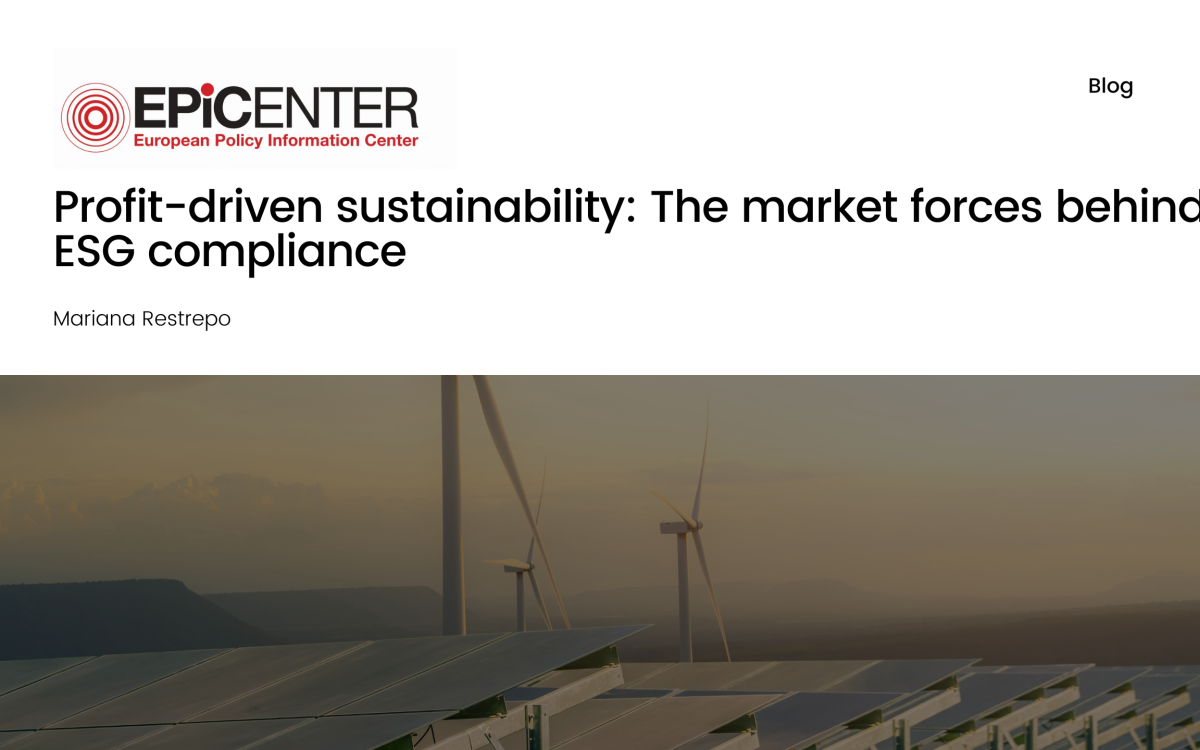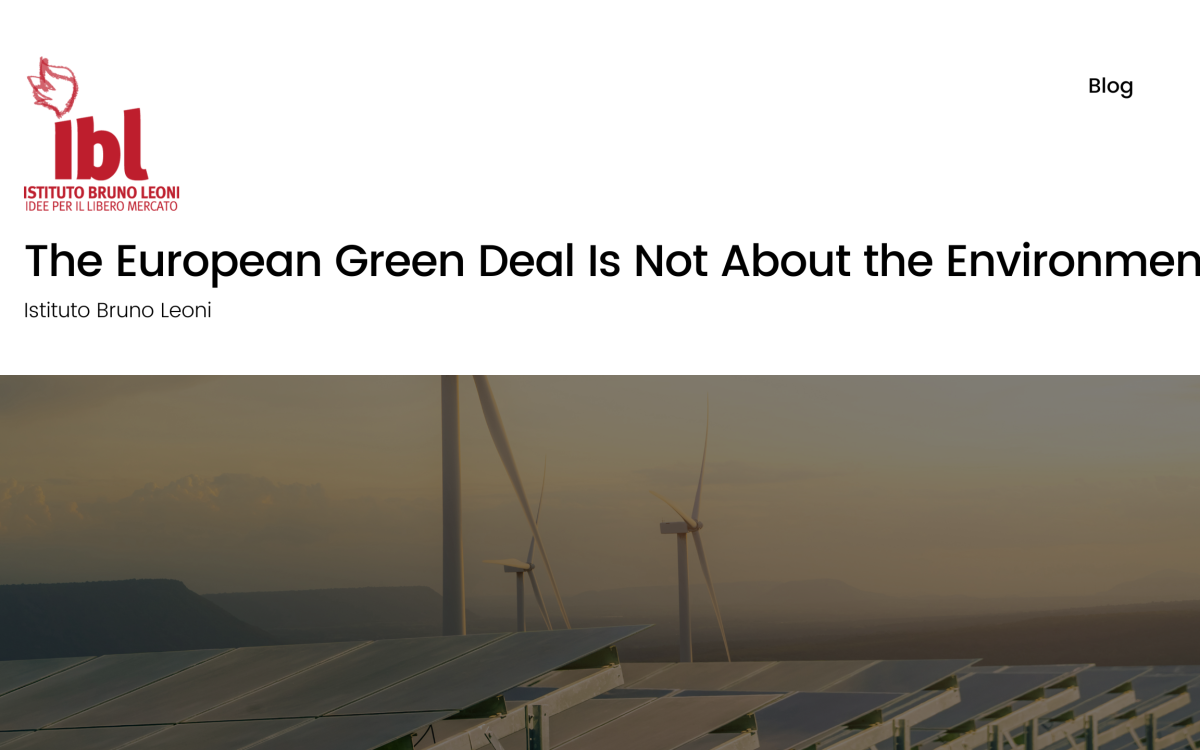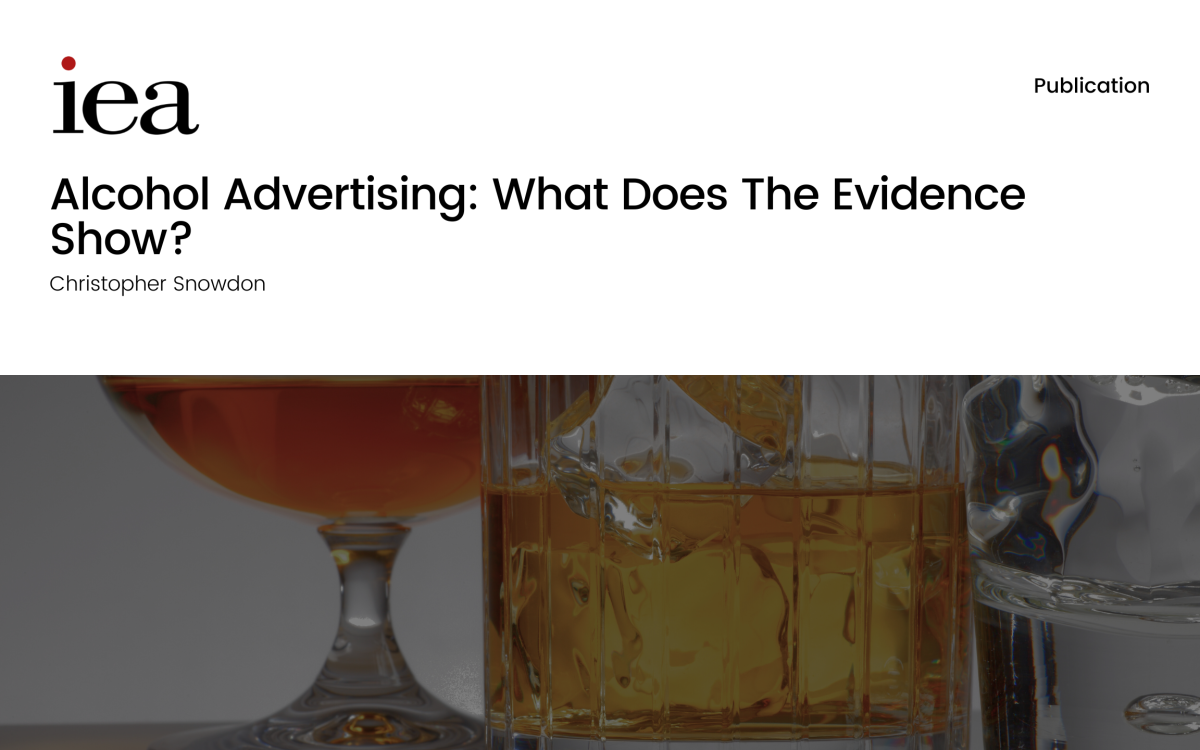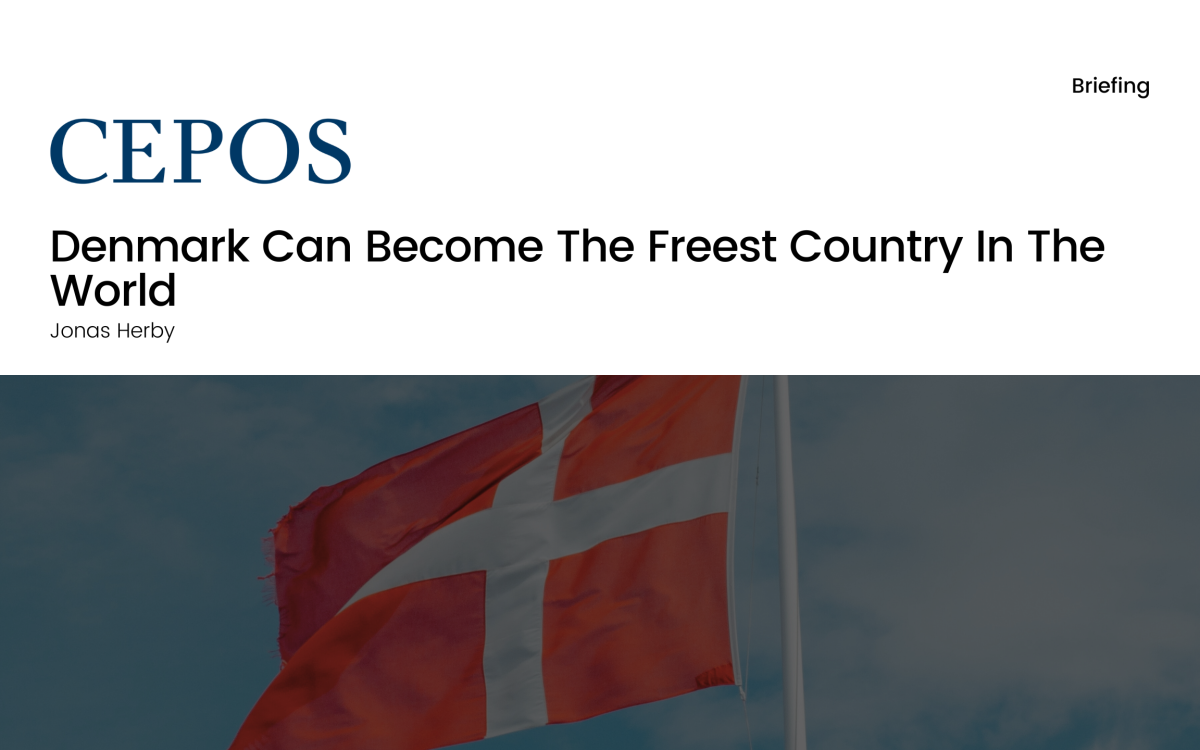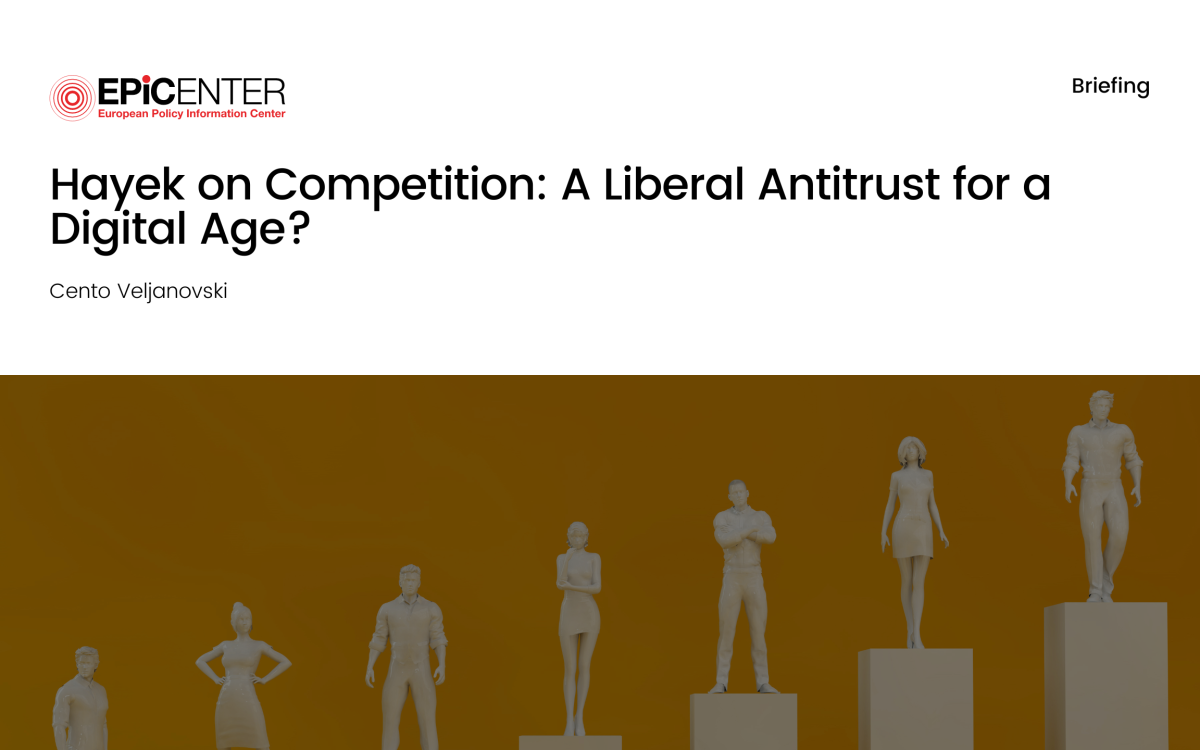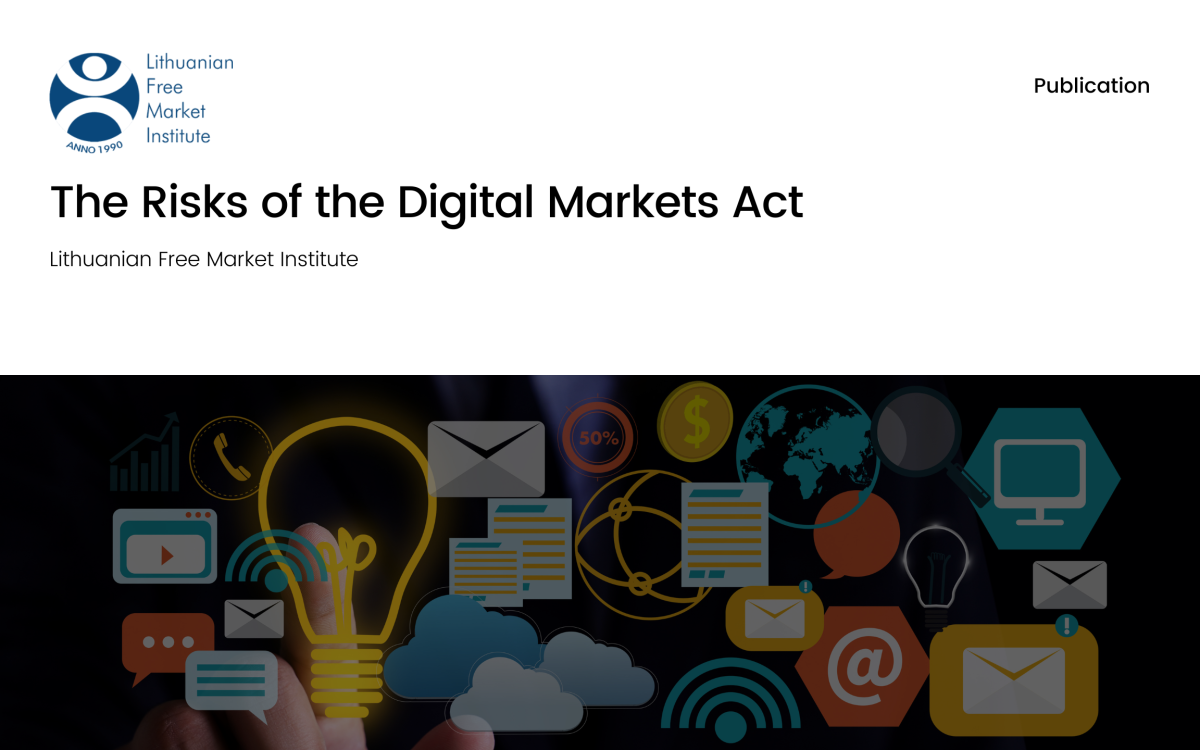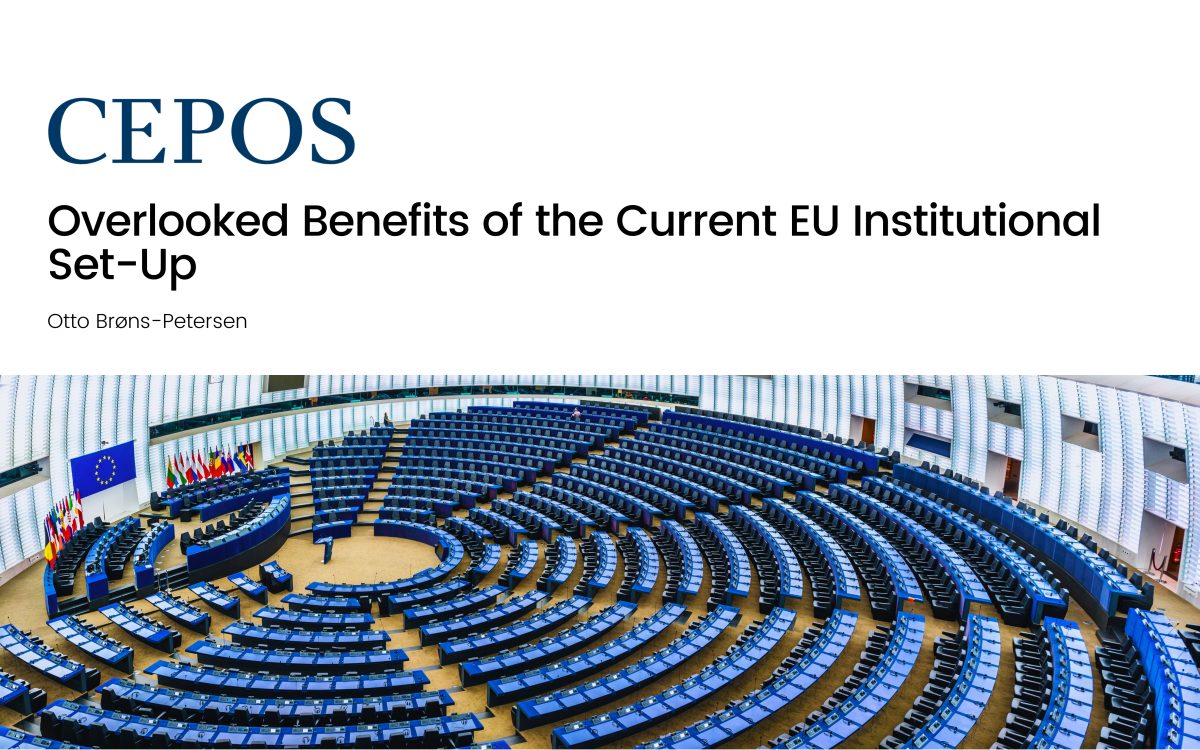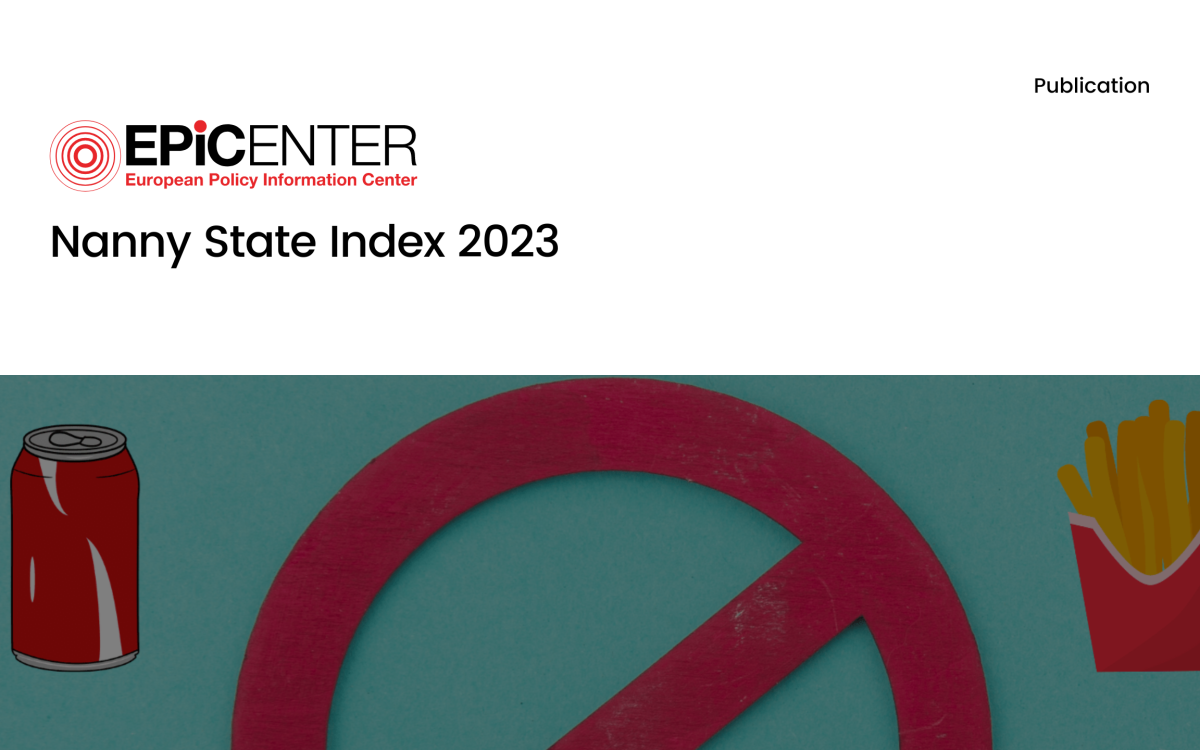August 23, 2023
Politicians often forget that it is profit that drives firms in a society built upon the tangible benefits of capitalism, and that it is the pursuit of profit that will lead companies to adopt sustainable environmental, social, and governmental (ESG) practices.
